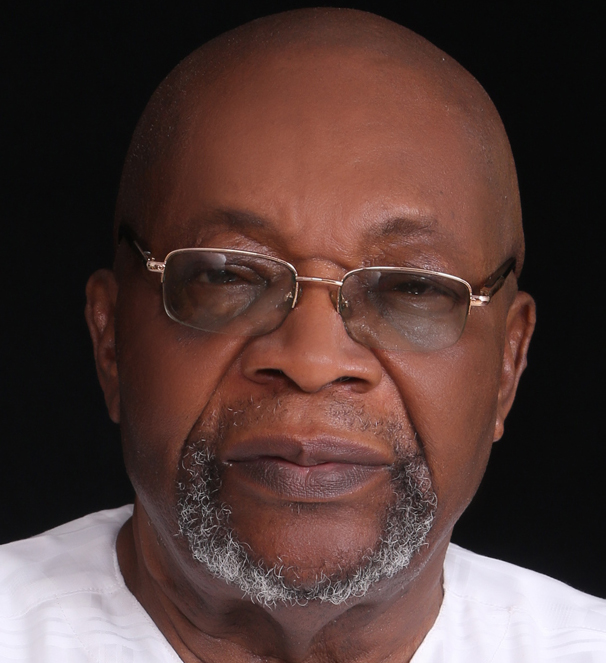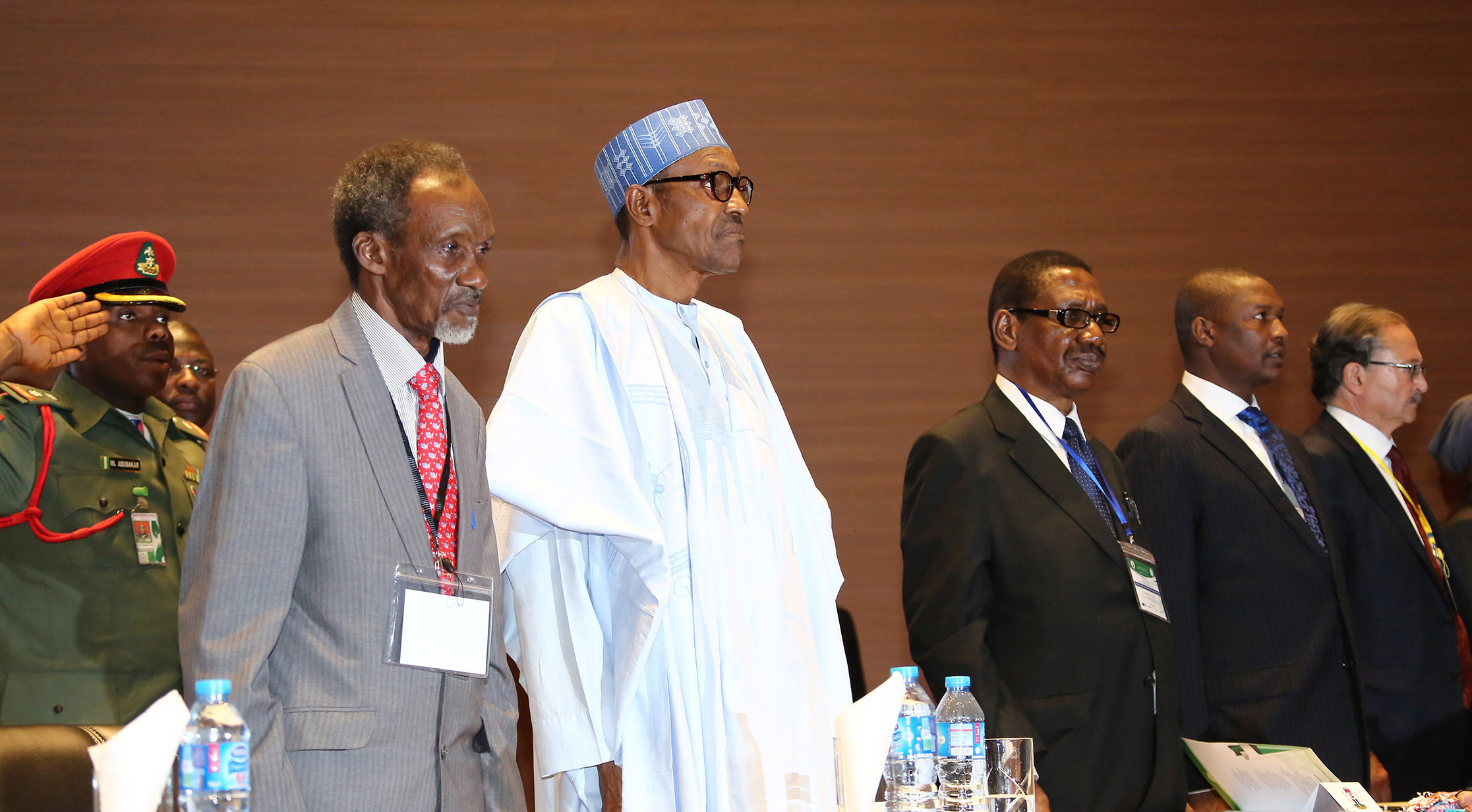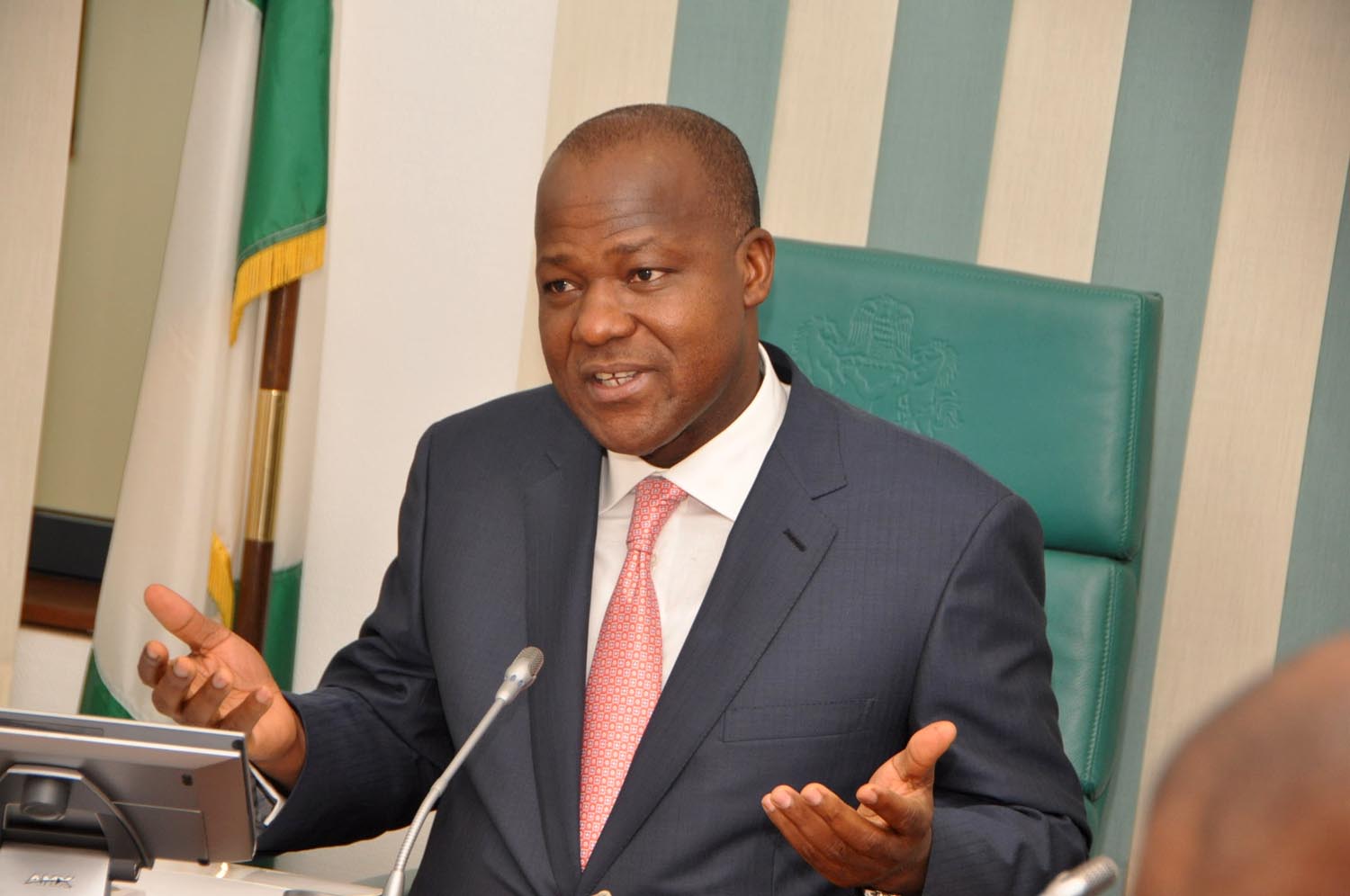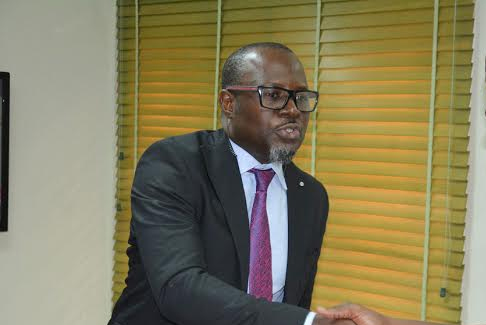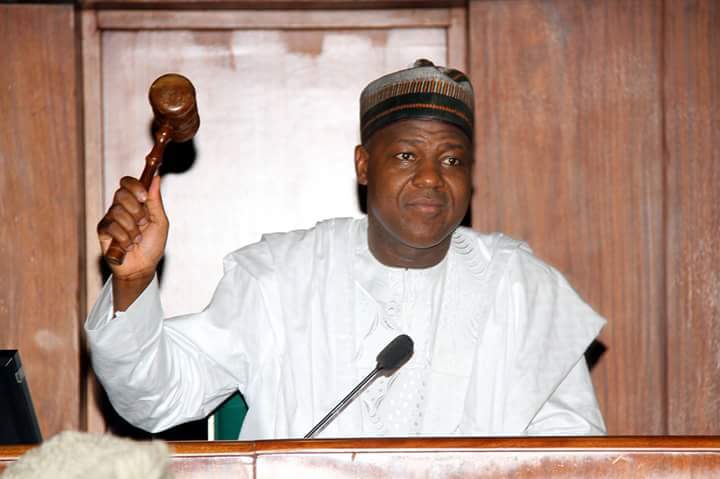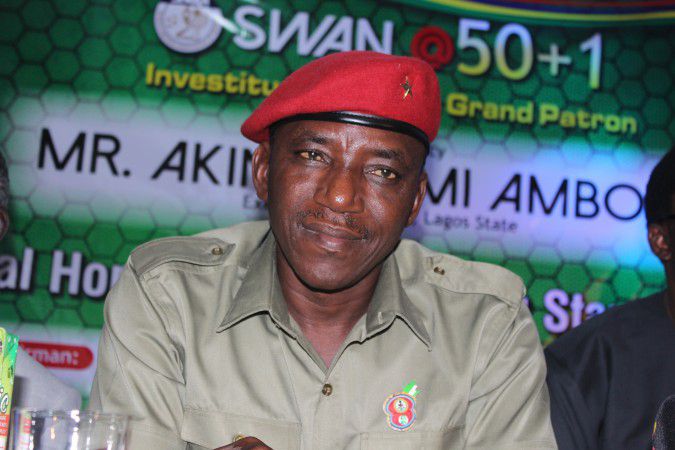The judiciary in any democracy represents one of the three realms of the government. As a matter of fact, the judiciary is the stabilizer in any democracy basically because if there is any misunderstanding between the executive and legislature, it is always the judiciary that resolves it. It is in this sense that the judiciary plays its role as an impartial arbiter in the affairs of the State. The judiciary’s impartial adjudication in such matters has led to the pedestrian cliché that the judiciary is the last hope of the common man.
Thus, when this impassioned disposition of the judiciary appears threatened; well-meaning people in society like me raise alarm to warn the people of impending danger. Presently, the Nigerian judiciary is under some sort of siege from within and without. The recent compulsive meeting of top members of the Nigerian judiciary with the Muhammadu Buhari administration in Abuja is not only suggestive and disturbing but also ladden with ominous foreboding of the incarnation of democratic dictatorship in Nigeria. The earlier we realize the danger this compulsory meeting by the government with the judiciary portends for the rule of law and respect for human rights in Nigeria the better for us.
I consider myself eminently qualified to issue this warning for obvious reasons. I have been a victim of judicial somersaults occasioned by executive-judiciary collusion to throw justice to the winds. At another level, I have also being a beneficiary of judicial integrity in Nigeria, at a time the judiciary resolved to maintain its independence and respect the sanctity of its hallowed chambers. From experience, I have come to know that anytime an unpopular government in power begins to summon judges and magistrates to meetings in Nigeria; then you can be certain that the fate of certain individuals is hanging on the balance.
In my public career as a journalist, writer and publisher, I have seen people who were sent to jail in Nigeria just because the government in power instructed some members of the judiciary to send such individuals to jail- the merit of the case notwithstanding. If you think I am making this up, it all means you have not been following issues in Nigeria. The late afrobeat king, Fela Anikulapo-Kuti was sent to jail under such circumstance and the judge confessed afterwards that his hands were “tied”. It was also under similar circumstances that Nduka Irabor and Tunde Thompson, journalists with the Guardian Newspapers, were sent to prison on July 4, 1984 by a military tribunal under Decree No 4 of 1984, promulgated by the military regime of Muhammadu Buhari. There is no gainsaying the fact that Buhari’s military junta promulgated so many repressive decrees in Nigeria. One of such repressive enactments was Decree No 4 of 1984 (Protection against False Accusation) under which Thompson and Nduka Iraboh, were tried and convicted. The decree was made by the Gen. Muhammadu Buhari administration, which at the time did not hide its disdain for the press. At the inception of his administration, Buhari made no pretentions of his hatred for the press and he backed up the threat with the promulgation of that obnoxious decree.
Advertisement
This was also the scenario in 1982 when I was unjustly imprisoned on ridiculous charges of sedition. In August 1982, I published a book, “How Jim Nwobodo Rules Anambra State”. I was thereafter arraigned before a court on charges of seditious publication. It was alleged that my publication intended to bring hatred and contempt or excite disaffection against the governor of old Anambra state. The trial judge agreed with the prosecutor and sentenced me to 12 months imprisonment with an additional fine of N50, 000.00. Ignoring the facts of the case, the trial judge had to carry out an order of government to ensure that I was sent to jail.
The judge also made this startling statement: “The conviction and punishment of the accused, I hope, will help to stem the tempo of vulgar abuse and irresponsibility of both the politicians and media practitioners”. For me, it was the very depiction of standing justice on its head just to satisfy entrenched political interests. I appealed that decision. The Appellate Court judges refused to compromise the integrity of the judiciary and on July 27, 1983, I was discharged and acquitted by the Federal Court of Appeal. According to the Appeal Court, ‘Sections 50 and 51 of the Criminal Code were anachronistic in the light of constitutional changes and the national sovereignty’. The judgment of the Appeal Court, which effectively led to expunging of sedition law from Nigeria’s statute books, showed that the sedition law was inconsistent with constitutional guarantees in Nigeria. That landmark case has gone down in Nigeria’s legal history as “locus classicus”.
Conversely, I have equally benefited from the judiciary’s commitment to the respect of rule of law and fundamental human rights, when an Enugu Federal High Court ordered my release from detention in one of Sani Abacha’s Gulags in 1998. I have also gone on exile on two occasions on account of my belief, devotion and commitment for a better Nigeria.
Advertisement
So I do not have any doubt that a government has the capacity to arm-twist the judiciary to do its bidding, especially in a situation where the judiciary is dependent purely on government allocation to function. In Nigeria, the judiciary is not on first line charge. It is the executive that approves funding for this important arm of government. It is in this context that I am worried about Buhari’s recent meeting and charges to the judiciary.
In that meeting, Muhammadu Buhari literally blackmailed the judiciary as the major cog in the wheel of his government’s war against corruption. With hardened countenance, Buhari charged the judges to “help him fight corruption” because according to him, the SAN’s involved in the defence of persons charged with corruption were abusing the court process by taking several adjournments. According to Muhammadu Buhari, his government has even put in motion machinery for the establishment of mobile courts for the trial of suspected corrupt persons. Buhari’s mobile court, if you must know, amounts to the reintroduction of his special military tribunals of 1984.
You may recall that Nduka Irabor and Tunde Thompson were taken before a military tribunal headed by Justice Olalere Ayinde and arraigned on charges of falsely accusing public officers of the Federal Military Government. The prosecutor in the case who signed the summons was the then Attorney General of the Federation, Chief Chike Offodile (SAN). Interestingly, today it is Buhari’s Attorney General is signing and delivering arraignment notices to the leadership of the Nigerian Senate.
Despite the fact that Nduka Irabor and Tunde Thompson were represented by the late legal luminary, Chief Rotimi Williams (SAN), who led a team of lawyers, both men were hounded to jail without option of fine while the Guardian newspapers was fined N50, 000. Needless to say that the verdict by the tribunal was a major setback for journalism in Nigeria basically because journalists and their media organizations began to censor news items for fear of being sent to prison under the repressive decree. It was not until the ouster of Buhari/Idiagbon regime, that Gen. Ibrahim Babangida, in nationwide broadcast, abrogated the obnoxious Decree No 4 of 1984 and ordered the immediate release of the jailed journalists.
Advertisement
For the Buhari apologists, this disturbing development of blackmailing the judiciary to unilaterally jail persons accused of corruption could be interpreted to be “in the best interest of the country”, and further commitment of the government “to fight corruption”. However, as far as I am concerned, this is the beginning of the resurrection of evil and doom in Nigeria. As I have noted above, at the time Buhari came to power through a military coup, his method for fighting corruption was to create special military tribunals that were primed to find those standing before them guilty, no matter the situation.
I recall that during that time, the Buhari military junta had summoned the judiciary and tongue-lashed it for its snail speed in trying suspects for which reason he had to set up the special military tribunals. Some judges that served in these tribunals were compelled, at the risk of their safety, to write judgements in cars and even when they should be sleeping. Even when the tribunals could not pin down any offence to people like Dr. Alex Ewueme, Emeka Ojukwu and Michael Ajasin, these men were still kept in detention nonetheless. Most other suspects received prison sentences in excess of 100 years. This strategy did not work in 1983; and in 2016, thirty-three years after; Muhammadu Buhari is re-introducing old therapies that were grossly ineffective in treating identified ailments.
I am confident that Nigeria’s judiciary would not succumb to such cheap blackmail even today. The judiciary, I must admit, has, in recent times, demonstrated immense commitment to assert its independence. In most of its recent judicial pronouncements and decisions, the judiciary has held its head high. Regrettably, while some members of the judiciary in both the Bench and Bar are committed to giving the judiciary a new relevance and importance, there are still many who bring disrepute to the judiciary. I am worried with some conflicting and contradictory judgments on the same matter in recent times by the judiciary; but I am also happy that the NJC has begun to wield the big stick.
In essence, the Nigerian judiciary must resist any attempt to be stampeded into hasty and illegal decisions. In trying persons charged with corruption, the judiciary must follow due process. There is no gainsaying the fact that the current war against corruption is not just selective, but it does appear that the fate of many of those charged with corrupt offences has been decided, and the Nigerian judiciary is simply expected to put its seal of approval. The judiciary must resist the temptation to be part of this impunity. We all have a duty to protect and guide our liberty and freedom. The law accepts the fact that a suspect is innocent of any crime until proven otherwise.
Advertisement
This latest scheme by Buhari on the judiciary only goes to confirm my earlier conclusion that Buhari is inept and does not know what to do in office. For him to conceive of mobile courts as mean of trying suspects charged with corrupt offences is the height of cranial disorder. We cannot allow this absurdity.
Advertisement
Advertisement
Views expressed by contributors are strictly personal and not of TheCable.
Add a comment
